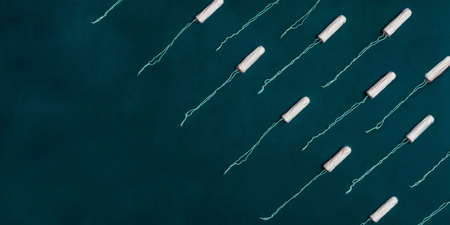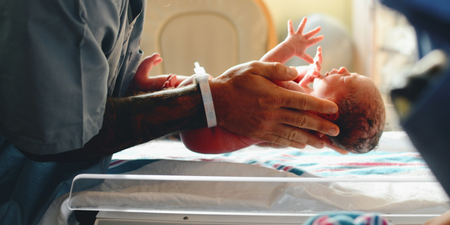The point at which one chooses to lose their virginity is a deeply personal and should never require justification.
Still, scientists have discovered patterns that indicate that those who lose their virginity later in life may suffer from some side effects.
Dr. Stephen Snyder, a sex therapist in New York City, spoke to the Atlantic about what he has witnessed.
Snyder revealed that those who wait to have sex until later in life (due to religious beliefs, abstinence or other) tend to feel a great deal of shame about their lack of sexual activity. This shame manifests as embarrassment and embarrassment equates to sexual dysfunction. The patients Snyder encounters often feel a great deal of anxiety about the problem which feeds into a cycle of embarrassment and dysfunction.
According to ATTN: the average age at which people lose their virginity is 17. A study published in the American Journal of Public Health, found that those who reported losing their virginity at 22, only five years above average, were significantly more likely to report sexual problems. These issues included struggling to reach an orgasm, struggling to become aroused, and struggling to maintain an erection. These issues were more likely to be found in men who waited to have sex.
On the opposite end of the spectrum, previous studies have shown that those how have sex before the average age of 17 also face consequences.
A study presented at the 110th Annual Meeting of the American Sociological Association (ASA) tracked two cohorts of youth from 28 rural communities in Iowa and Pennsylvania from 2003 to 2007.
The study deciphered the social reaction to sexual activity among peers. Researchers did this by asking participants to identify their best friends. To identify changes in peer acceptance, lead researcher Derek Kreager and his colleagues considered how many friendship nominations participants received in each wave.
The study found, in incidences where they reported having sex, girls experienced a 45 percent decrease in peer acceptance and boys experienced an 88 percent increase.
“In our sample of early adolescents, girls’ friendship networks shrink significantly after they have sex, whereas boys’ friendship networks expand significantly,” said Kreager.
Interestingly, incidences where the participant reported “making out” and not having sex, girls experienced a 25 percent increase in peer acceptance, while boys experienced a 29 percent decrease in peer acceptance.
“What really surprised us was that ‘making out’ showed a pattern consistent with a strong reverse sexual double standard, such that girls who ‘make out’ without having sex see significant increases in friendships, and boys who engage in the same behavior see significant decreases in friendships” said Kreager.
The researchers stated that they believe the results are consistent with gender norms and expectations.




















































